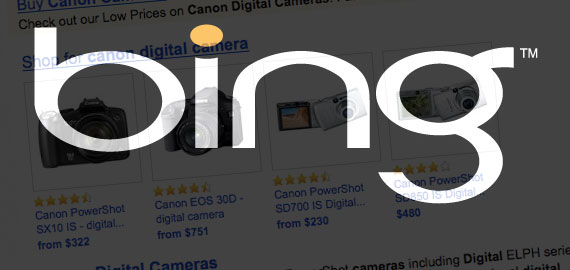No, Bing Doesn’t Support Pagination Attributes to Consolidate Pages In A Series
Last week, the Bing Webmaster blog published a post about how Bing handles rel=”next” and rel=”prev” attributes. On the surface, it seemed as though Bing was announcing that it now supported these tags in the same way Google does. Last September, Google announced support of the rel=”prev” and rel=”next” attributes to designate paginated content, which enables […]

Last week, the Bing Webmaster blog published a post about how Bing handles rel=”next” and rel=”prev” attributes. On the surface, it seemed as though Bing was announcing that it now supported these tags in the same way Google does. Last September, Google announced support of the rel=”prev” and rel=”next” attributes to designate paginated content, which enables site owners to cluster multiple pages of content into single entities so that indexing and other values can be consolidated.
However, the conclusion of the post included the following, which didn’t align with Google’s treatment of these tags:
“Implementing these rel=”next” and rel=”prev” link elements doesn’t trigger a new visual treatment for your pages on our search result pages. It does, however, allow us to more comprehensively understand and index your content”.
I talked to Bing’s Duane Forrester to clarify how Bing treats these tags. He confirmed that Bing does not use these tags to consolidate pages of a series into a single entity. Rather, Bing may use this markup in two ways:to aid discovery of pages and to enhance the search results display (possibly with links to the next and previous page, for instance). Although it wasn’t clear if either was happening yet. He said:
“We may use our newly gained knowledge on your site’s structure to provide easy access to other sections of the paginated or sequenced content from our results pages in the future. In addition, webmasters implementing these elements may benefit from more comprehensive indexing over time as we apply our newly gained knowledge of a site’s structure to our indexing heuristics.”
So what’s a site owner with paginated content to do? The best bet is to implement the tags for Google’s benefit and as a bonus, get potential additional crawling or display improvements from Bing. If pagination of your content is a significant problem in Bing (which may be the case particularly for some large e-commerce sites), consider blocking excessive pages with a Bing-specific robots.txt directive or noindex meta tag.
Contributing authors are invited to create content for Search Engine Land and are chosen for their expertise and contribution to the search community. Our contributors work under the oversight of the editorial staff and contributions are checked for quality and relevance to our readers. The opinions they express are their own.
Related stories
New on Search Engine Land